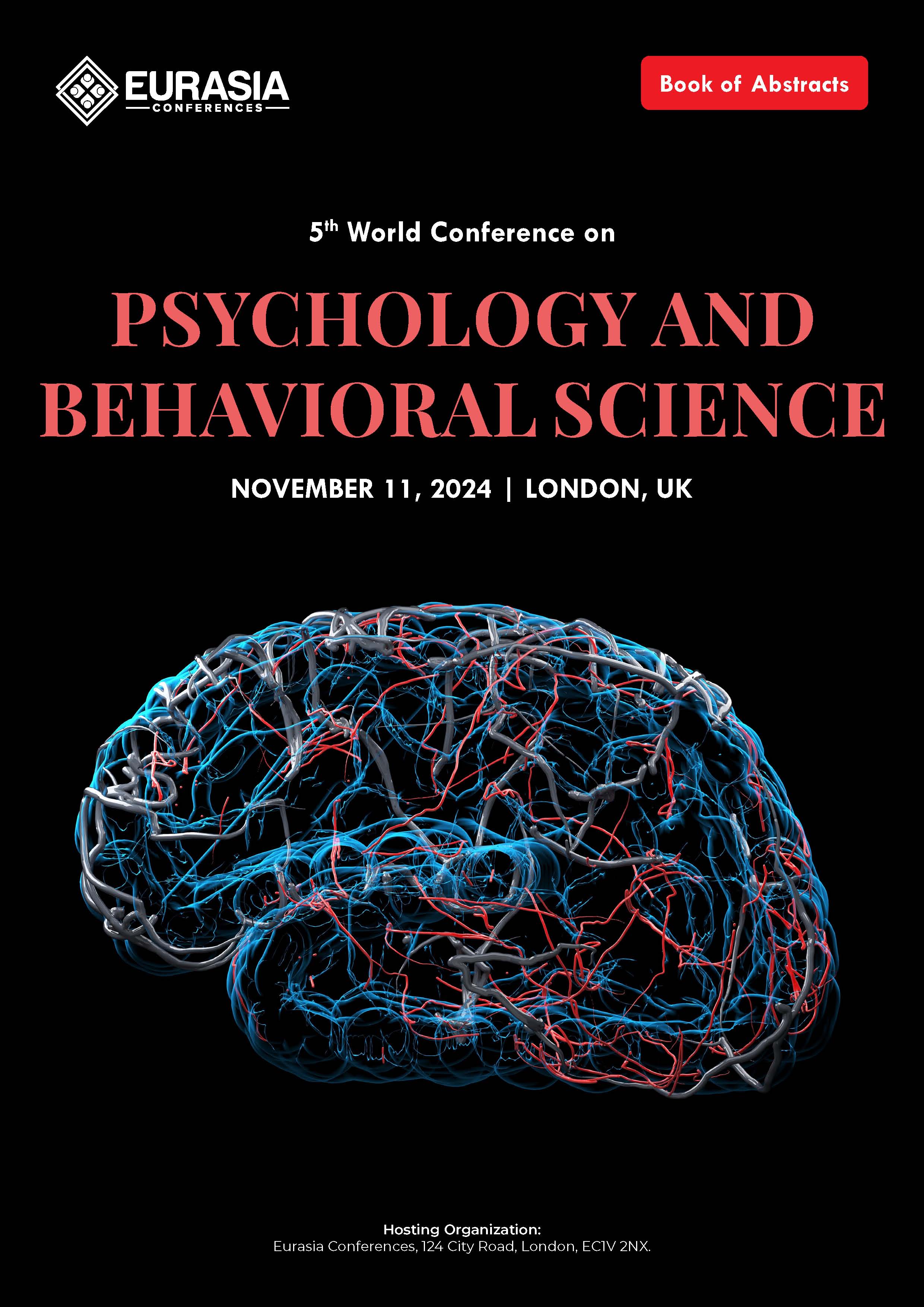
Dr. Penny Trayner
Background This study assessed the feasibility of improving movement using the FLX musculoskeletal application within a brain injury population, a population with high prevalence of MSK disorders. This study provided a use case for the Goal Manager® Outcome Measures Wizard (OMW), in tracking various metrics generated due to the complexity of co-morbid MSK and brain injury conditions.
Methods A 6-to-12-week trial of the application was conducted, followed by quantitative analysis of collected outcome measures and qualitative analysis of participant experience. Participants were recruited via social media and personal correspondence, with confirmation of final numbers at project completion. Data collected included mood measures (GAD7, PHQ9), a customised International Classification of Functioning Disability and Health (ICF) Assessment with relevant musculoskeletal codes, and a pre- and post-trial questionnaire assessing technology confidence. EuroQol 5 Dimension Scale (EQ5D) measures were recorded weekly during the trial and tracked using the OMW.
Results Quantitative score comparisons evaluated the effect of FLX musculoskeletal interventions in a brain injury population. Study feedback underscored the need for targeted developments to better serve a brain injury population. Full results will be presented following project completion.
Conclusions This study demonstrates the benefit of improving movement through targeted MSK interventions and underscores the necessity for centralised quantitative outcome tracking in rehabilitation. The OMW facilitates this, as the diverse metrics investigated within this study demonstrate the practicality and efficiency of a unified platform in clinical research practice. The study also demonstrated the utility of the FLX app in improving musculoskeletal function within this population.